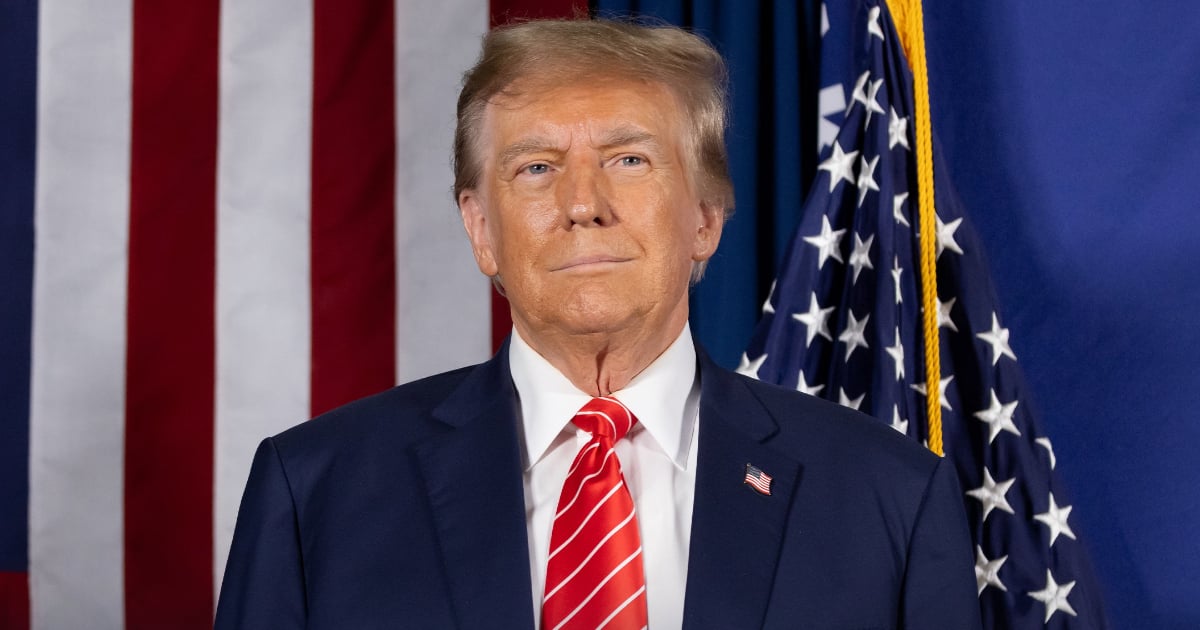On Monday, President Donald Trump signed a presidential memorandum that intensifies the U.S. stance toward Cuba, reversing the approach previously taken by Joe Biden's administration. This development was reported by Reuters, citing a White House official who spoke on condition of anonymity. The memorandum enforces a ban on U.S. citizens traveling to Cuba for tourism and strengthens the existing economic embargo, thereby reaffirming restrictions on dealings with the Cuban government.
The source mentioned by the agency explained that this decision aims to align U.S. foreign policy with a more stringent position against the Cuban regime, differing from the more lenient approach under Biden's leadership.
Details of Trump's New Memorandum
The memorandum, as published on the White House website, declares its intent to restore the robust stance that marked Trump's first term and undo the relaxations introduced by the Biden administration. It emphasizes the necessity of ending economic practices that disproportionately benefit the Cuban regime—especially its military, intelligence, and security sectors—at the detriment of the Cuban populace.
To achieve this, the memorandum bans all financial transactions, either direct or indirect, with entities controlled by the military apparatus, such as the significant conglomerate GAESA and its subsidiaries. Exceptions are made only for operations deemed compatible with U.S. strategic interests or those that directly benefit the well-being of the Cuban people.
Impact on Tourism and Economic Measures
The directive also prohibits U.S. tourism to Cuba and mandates strict enforcement of this measure through regular audits and the obligatory maintenance of detailed travel-related transaction records for a minimum of five years. The White House emphasizes that tourism serves as a revenue source for the regime and has been used to circumvent previous restrictions.
Additionally, the memorandum reinforces the existing economic embargo, clearly opposing any attempts, whether by the United Nations or other international bodies, to demand its removal. The Trump administration asserts that the embargo remains a legitimate tool to pressure the regime into implementing genuine political reforms and respecting citizens' fundamental rights.
Supporting Cuban Civil Society
As part of its commitment to supporting civil society, the memorandum highlights the importance of promoting free internet access, strengthening press freedom, encouraging independent private enterprise free from state control, and ensuring freedom of association within Cuba.
It also requires ongoing review of human rights violations, including arbitrary detentions, inhumane treatment of political prisoners, retaliation against dissidents' families, harassment of religious figures, and repression of social organizations.
The memorandum continues to uphold the elimination of the "Wet foot, dry foot" policy, arguing that it encouraged illegal migration and endangered those attempting to reach the U.S. by sea.
Finally, it orders an updated report on American citizens wanted by justice residing in Cuba or protected by the regime, citing Cuba's lack of cooperation in judicial and security matters. With this directive, the Trump administration asserts that all bilateral interactions must aim to foster a free, prosperous, and democratic Cuba, with the United States' commitment directed towards the Cuban people, not those who oppress them.
Understanding the Implications of Trump's Cuba Policy Changes
What are the main changes introduced by Trump's memorandum on Cuba?
The memorandum bans U.S. tourism to Cuba, reinforces the economic embargo, and prohibits financial transactions with Cuban military-controlled entities, among other measures.
Why does the Trump administration consider the embargo a legitimate tool?
The administration views the embargo as a means to pressure the Cuban regime into making political reforms and respecting fundamental rights.
How does the memorandum aim to support Cuban civil society?
It promotes free internet access, press freedom, independent private enterprise, and the freedom of association within Cuba.
What are the enforcement measures for the tourism ban?
The memorandum mandates regular audits and requires detailed records of travel-related transactions to ensure compliance.
